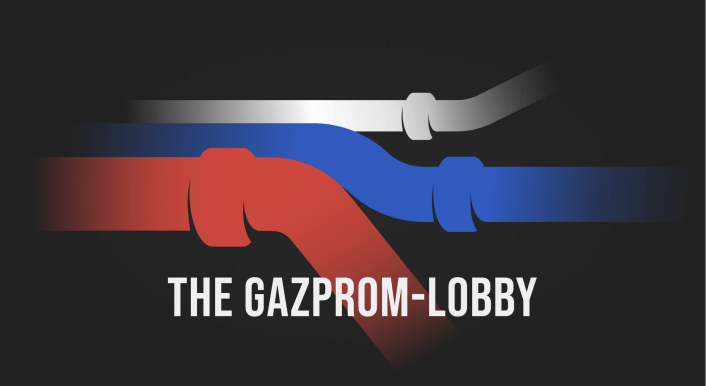
The Gazprom-Lobby
How Russia enlisted German politicians, business leaders and lawyers to ensure German dependence on Russian gas.

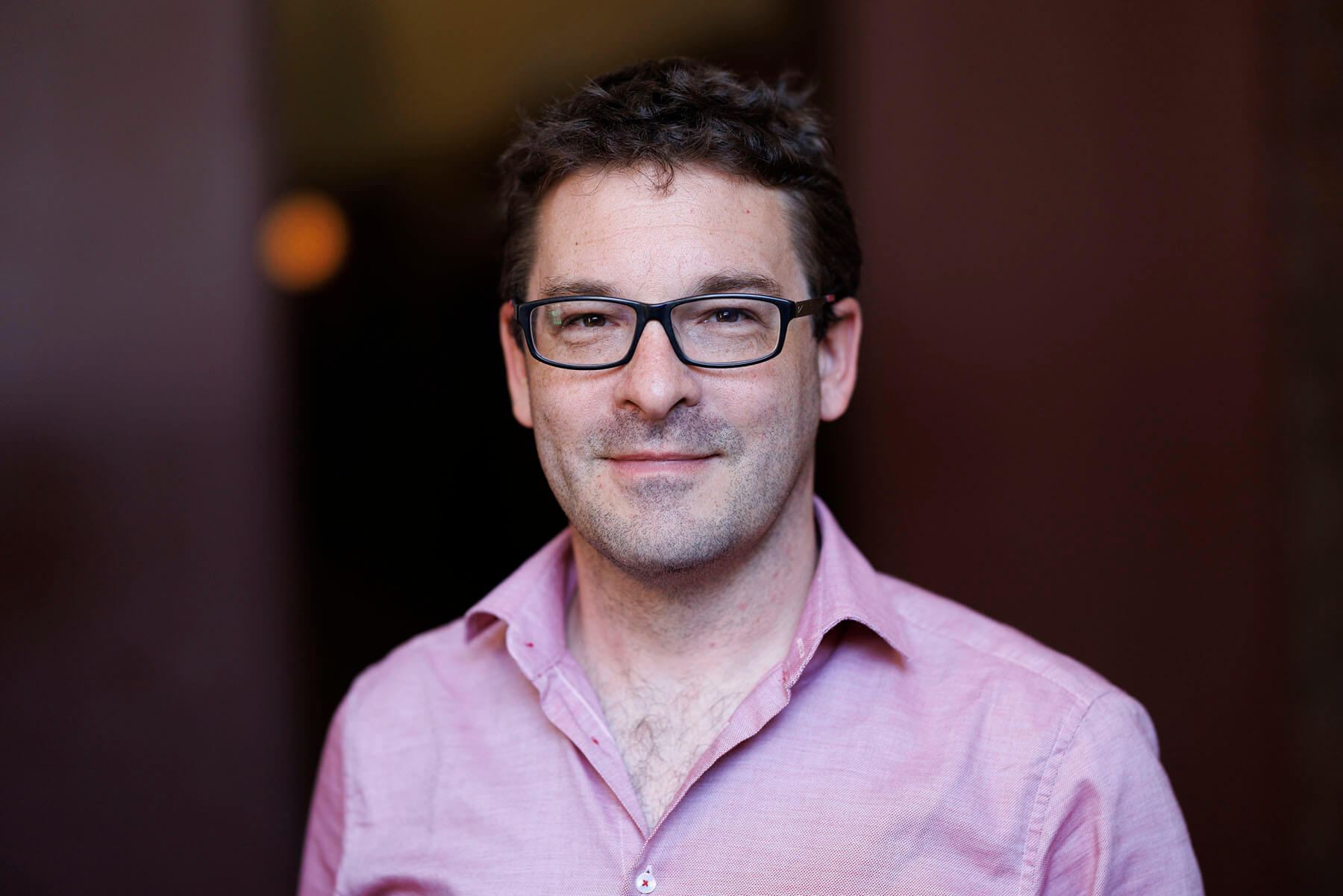
Managing Editor
Schwerpunkt Korruption, Betrug, Organisierte Kriminalität
Für Frederik muss eine gute Recherche Grenzen überschreiten. Zwischen Ländern, aber vor allem auch die zwischen Politik und Wirtschaft. Ihn treibt die Frage um, wie deutsche und europäische Konzerne weltweit durch Korruption die Demokratie untergraben und die deutsche Politik dabei wegschaut. Ein guter Journalist ist für ihn also ein Fremder: Nur wer nicht dazugehört, kann die richtigen Fragen stellen.
Vor seinem Einstieg bei CORRECTIV 2015 hat Frederik zehn Jahre im Nahen Osten und Südostasien als Korrespondent der Nachrichtenagentur Reuters und als freier Journalist gearbeitet. In Bahrain deckte er einen Bankenskandal auf und berichtete über den arabischen Frühling. Heute bekommt er ständig Post von Anwälten – und würde lieber wie damals nachts am Telefon angeschrien werden. Das Tränengas hingegen vermisst er nicht.
Frederik hört gern den Verlierern eines Geschäfts zu, liest bei Bilanzen zuerst die Fußnoten und leidet an der Berufskrankheit Aktensucht.
E-Mail: frederik.richter(at)correctiv.org
Twitter: @frederikrichter

How Russia enlisted German politicians, business leaders and lawyers to ensure German dependence on Russian gas.

Un negocio brutal: intermediarios alemanes usan prácticas dudosas que convierten a las enfermeras extranjeras en una mercancía
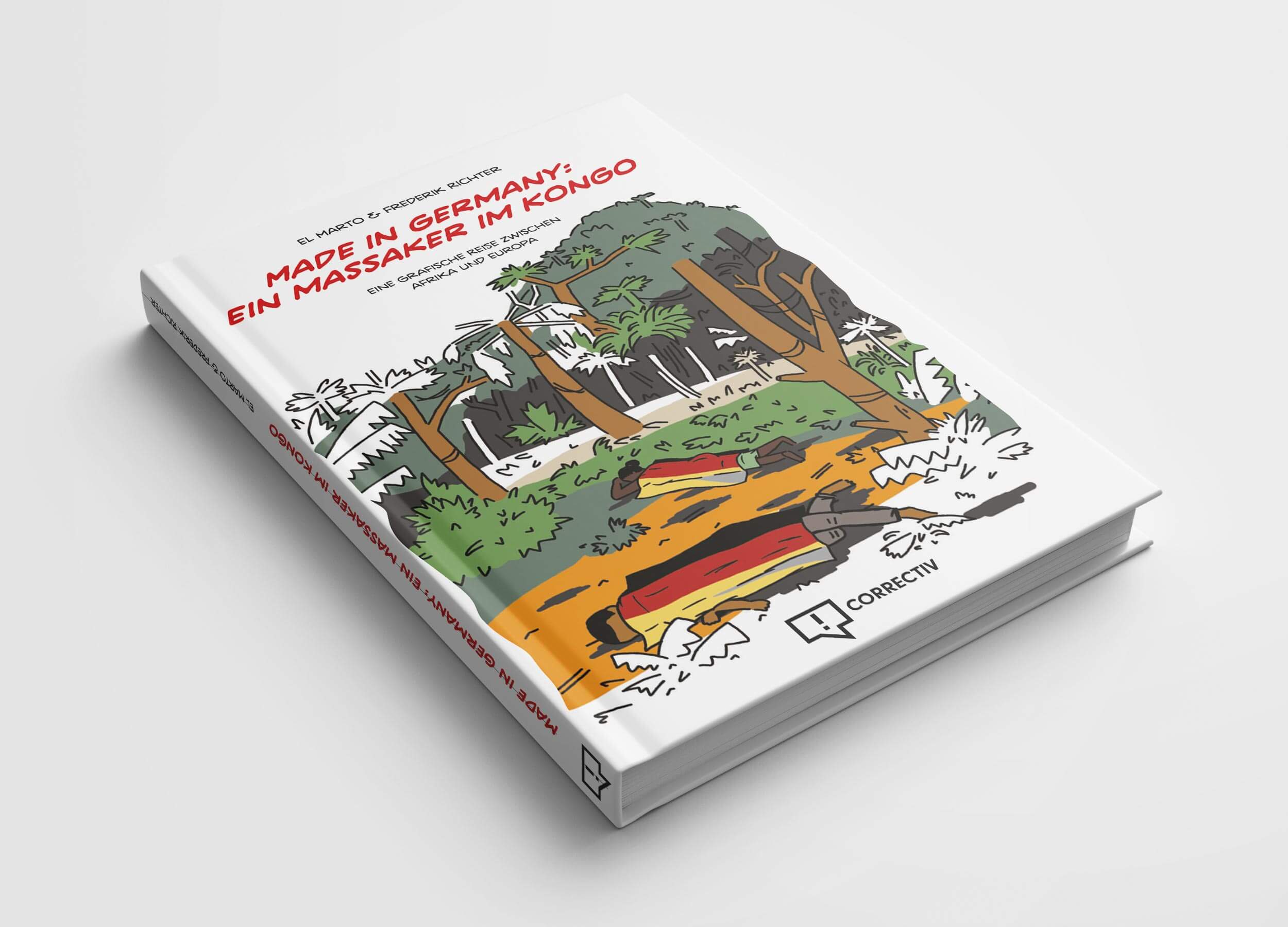
The graphic novel is another example of our efforts to combine journalism and art.
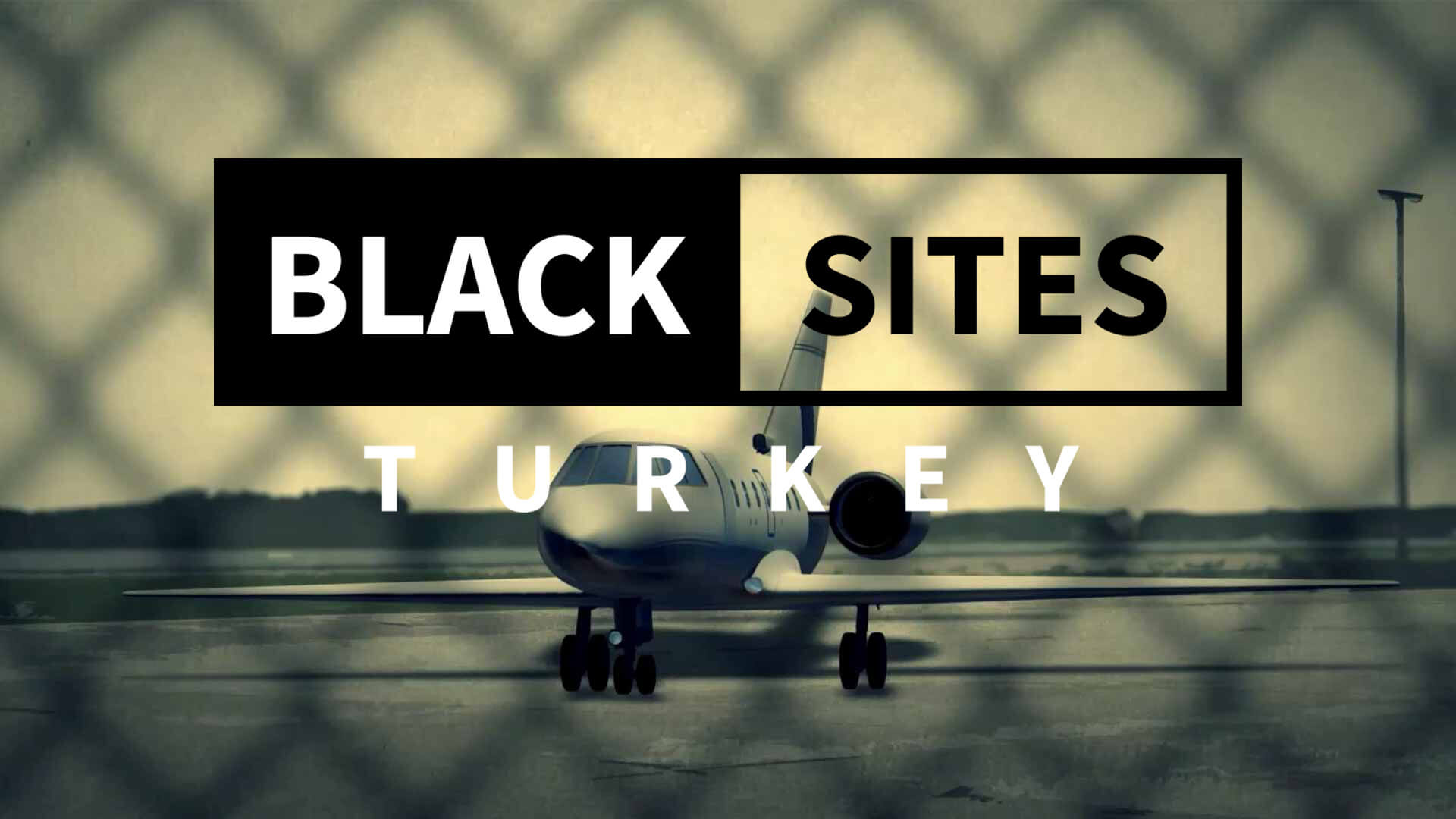
In a near-repeat of the CIA’s ‘extraordinary renditions’, the regime of Turkish president Erdoğan is kidnapping dozens of members of the Gülen movement from around the world. Victims are now raising a serious accusation: secret torture sites are part of the repression. A team of nine media organizations from eight countries, coordinated by CORRECTIV, investigates.
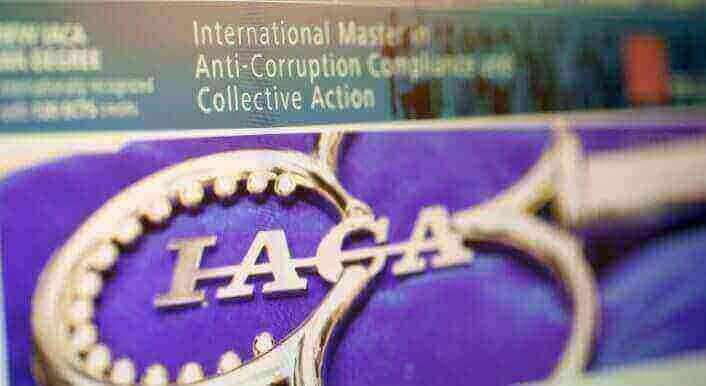
After its huge bribery scandal, Siemens agreed to settle legal proceedings against it by funding anti-corruption work. Siemens uses these funds to finance the Austria-based International Anti-Corruption Academy (IACA). But the academy does not allow outsiders to scrutinize its finances. A joint investigation by CORRECTIV and the Austrian weekly magazine “News” has revealed evidence that a local old boys’ network is pulling the academy’s strings – while its other supporters are mostly authoritarian governments with poor anti-corruption records.

In its fight against corruption, Transparency International has long called for better protection of private sector employees and government officials who blow the whistle on mismanagement and corruption. But only recently Transparency International learned firsthand the difference between theory and practise in the protection of whistleblowers.

Transparency International claims to lead the global fight against corruption. But there are gaping holes in the financial accounts of its own multi-million euro anti-corruption conference. In 2012, the event was held in Brazil and partly funded by German taxpayer money. Yet there is no comprehensive account for the event. Some corporate sponsoring was kept off-the-books altogether.
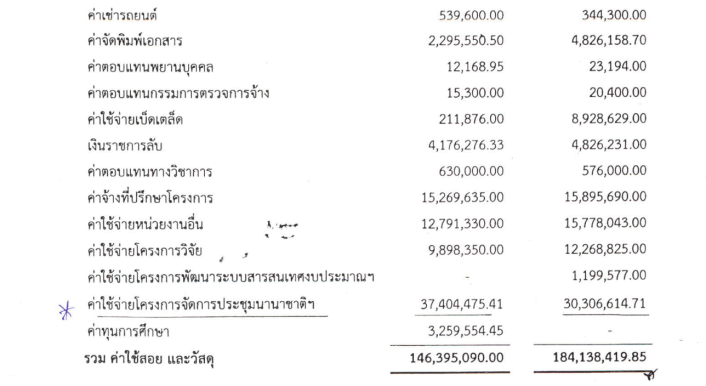
An investigation by CORRECT!V and German business daily Handelsblatt has unearthed gaping holes in the financial reporting of Transparency International. TI has been organising its International Anti-Corruption Conference (IACC) without proper accounting. Sponsors' fees paid by corrupt companies have been kept off-the-books. In one case, Transparency presents a Thai-language document with little relevance to the IACC as a conference audit. In this article we document both our research and also the crucial questions that remain unanswered.

Fifa vice president Sheikh Salman Al-Khalifa narrowly missed being elected as Sepp Blatter’s successor in February. He would hardly have been the right man to clean up the corruption-ridden sports body. In his home country, he publicly backed a financial fraudster who is wanted by Swiss authorities.

Transparency International is in crisis. The organization needs to cut costs and restructure its international secretariat in Berlin. At the same time, Transparency is fighting against its workers council in the local courts. In a bid to ease tensions, Transparency has also now made changes to its leadership.